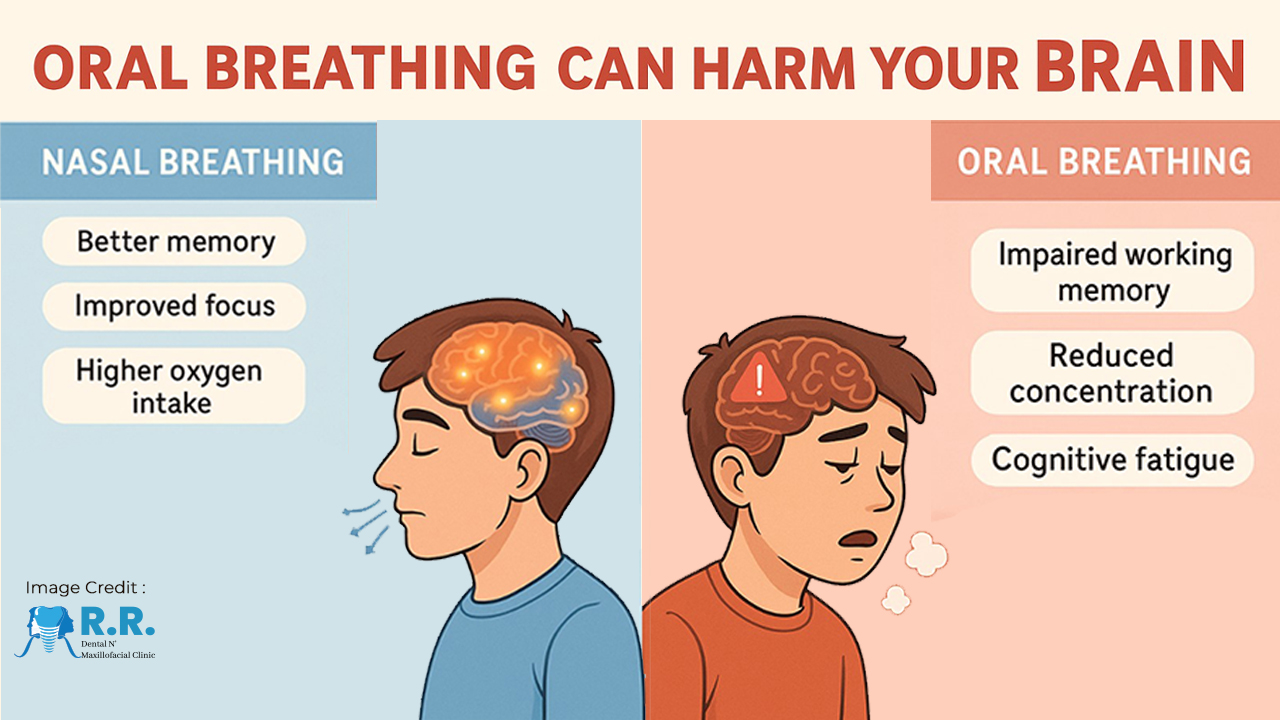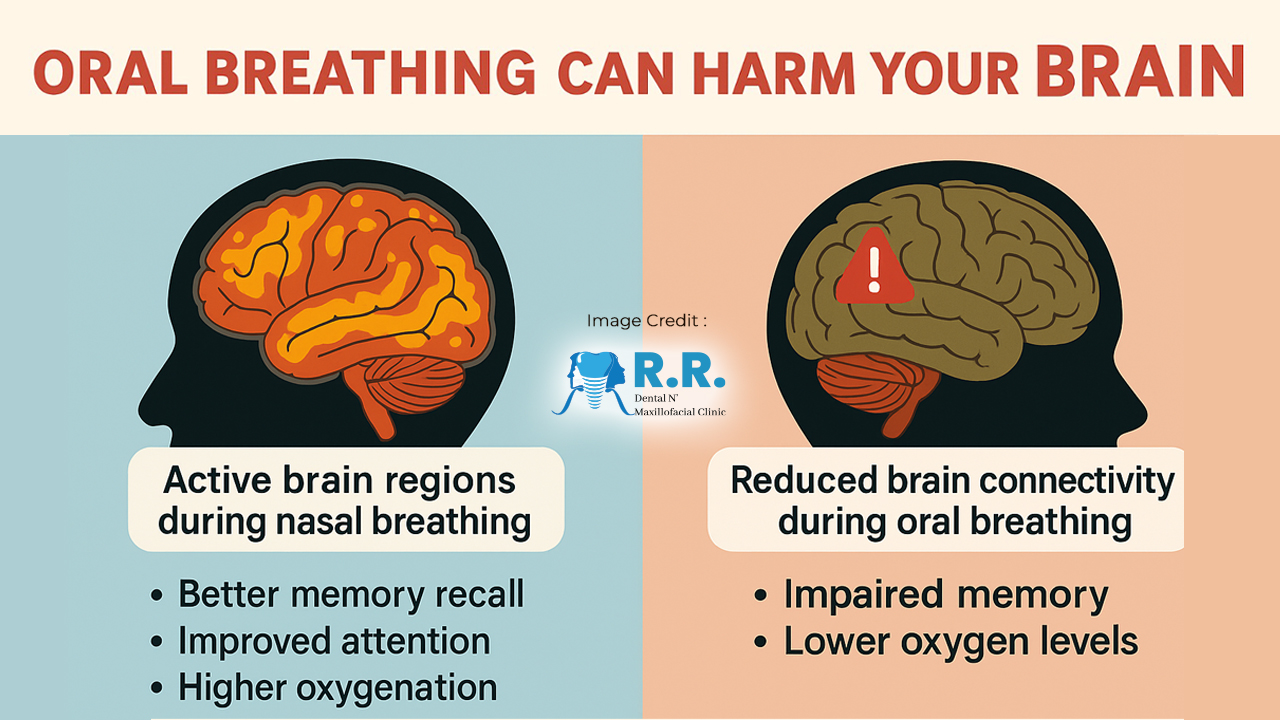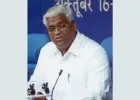- Hindi News
- Charcha Patra
- Kids Who Breathe Through Their Mouth May Struggle with Focus and Memory
Kids Who Breathe Through Their Mouth May Struggle with Focus and Memory

While often overlooked, mouth breathing may be doing more harm than previously believed. A recent study using functional magnetic resonance imaging (fMRI) has revealed that breathing through the mouth, instead of the nose, may significantly impair brain function—especially working memory, attention, and learning.
Mouth breathing is common in situations like nasal congestion caused by allergies or enlarged adenoids. Even healthy individuals may breathe through the mouth about 17% of the time during their daily routine. However, prolonged mouth breathing can affect not just dental and pulmonary health, but also brain performance.

Health experts have long known that mouth breathing leads to oral health issues such as dry mouth, reduced saliva production, tooth decay, gum disease, and even changes in facial structure due to altered tongue and jaw positions. It can also impact lung function, as air entering through the mouth is not properly filtered, humidified, or warmed—leading to increased risk of respiratory infections and reduced oxygen levels.
The latest findings take this further. Researchers observed significant decreases in memory and learning abilities during mouth breathing. In children, performance in tasks requiring attention and working memory was found to decline. In adults, even tasks involving smell-related memory were affected.

Brain imaging results showed that areas like the left cerebellum and inferior parietal gyrus—regions critical for memory and attention—were significantly less active during mouth breathing compared to nasal breathing.
These discoveries suggest that mouth breathing isn’t just a dental concern. It can disrupt key brain functions linked to academic performance, attention, and concentration. Experts urge parents, educators, and healthcare providers to take mouth breathing seriously and seek appropriate medical or therapeutic interventions when necessary.
About The Author

Dr. Rachna Dave Bhatt
Bachelor Dental Surgery (B.D.S)
Fellow craniofacial, Asthetic & Cosmetic Dentistry
Fellow craniofacial Myology & Pediatric Sleep Myofunctional therapist




-copy1.jpg)
34.webp)
-copy.jpg)









-copy2.jpg)


-copy1.jpg)
34.webp)
